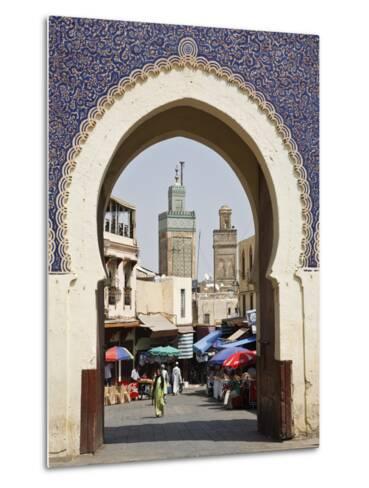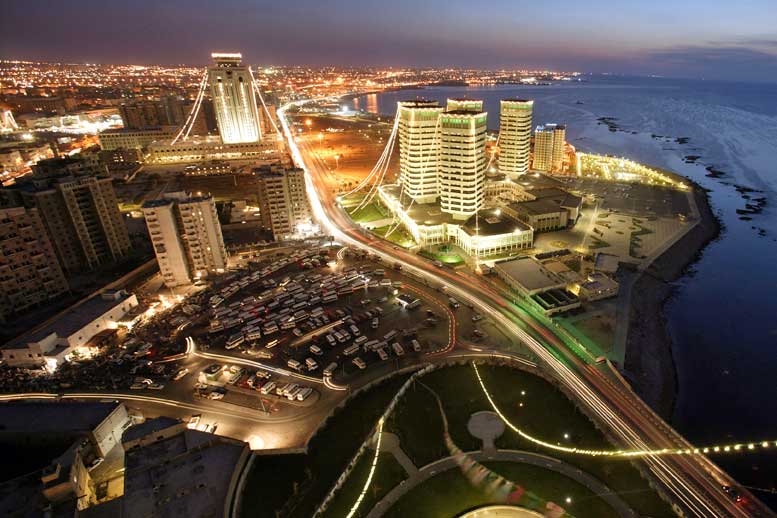

So automatically we’re drawn to the sounds of Detroit, because it’s music that’s very similar to our own. It’s the rhythm of the south of Morocco and the music of the nomads, and it’s a very repetitive, almost tribal style of music. “There is a musical solidarity between Morocco and Detroit,” he explains sheepishly, admitting that this is only his second interview in over two decades of performing. Younes Bahmad, aka Unes – the ‘godfather of Moroccan electronic music’ – traces his lineage back to America’s former industrial heartland. “I read that people used to travel in the UK for a really long time for raves, and that mentality is just ingrained in the history of electronic music, especially here in Morocco.” “I feel like dance music has a long history of the pilgrimage,” says the festival’s organiser, Marjana Jadi. What goes on inside these parties are hidden away from the outside world, or perhaps just far enough away for any authorities to happily ignore – even if they do give you a side-eye when stepping through the main gates. It’s a beautiful mess, and within that, that’s where we exist.”

“You walk into the Medina and it’s dirty, it’s filthy and sometimes it can be scary – but you open a door and it becomes a huge paradise. “That’s actually a good example of what the city is,” Amine says when I put this to him. A super dirty, super nasty, small hookers club in Rabat, but that was actually the perfect setting for us.” It might sound like an odd thing to imagine in a country like Morocco, where unfounded misconceptions often wrongly dictate the western understanding of the country, but Marrakech is a city of contradictions and colours, those cultures bleeding into their interpretations of dance music. “The first party we ever did?” asks music producer and DJ Amine K, meeting as the evening Moroccan sun shimmers through the window of an all-white hotel lobby on the outskirts of Marrakech. It’s places like this where Moroccan dance music not only exists, but thrives. I’m here to find Oasis, a weekend-long party found an hour or so drive outside Marrakech’s labyrinthine medina that for three years has been a welcome hub of hedonism near the Sahara.

That is until you take a swift left turn down a dirt road, where the low bassline of a kickdrum emanates from behind a 15-foot wall. Drive beyond Marrakech’s city walls towards the horizon line and you’ll find yourself in a tangerine desert that seems like it’ll never end.


 0 kommentar(er)
0 kommentar(er)
